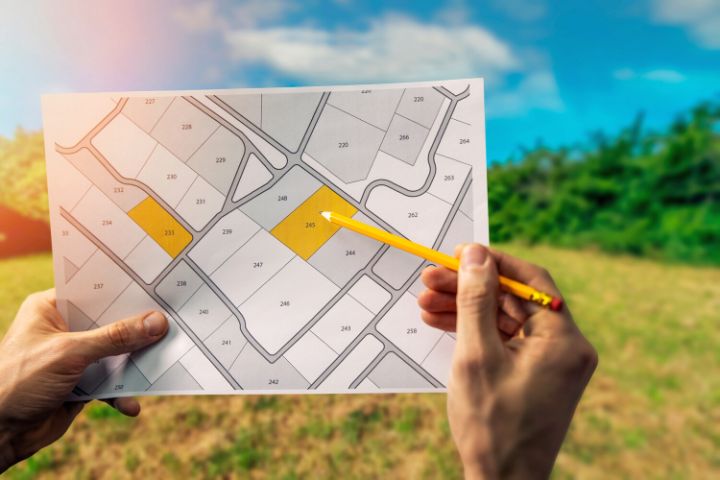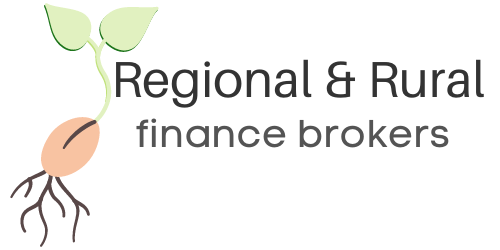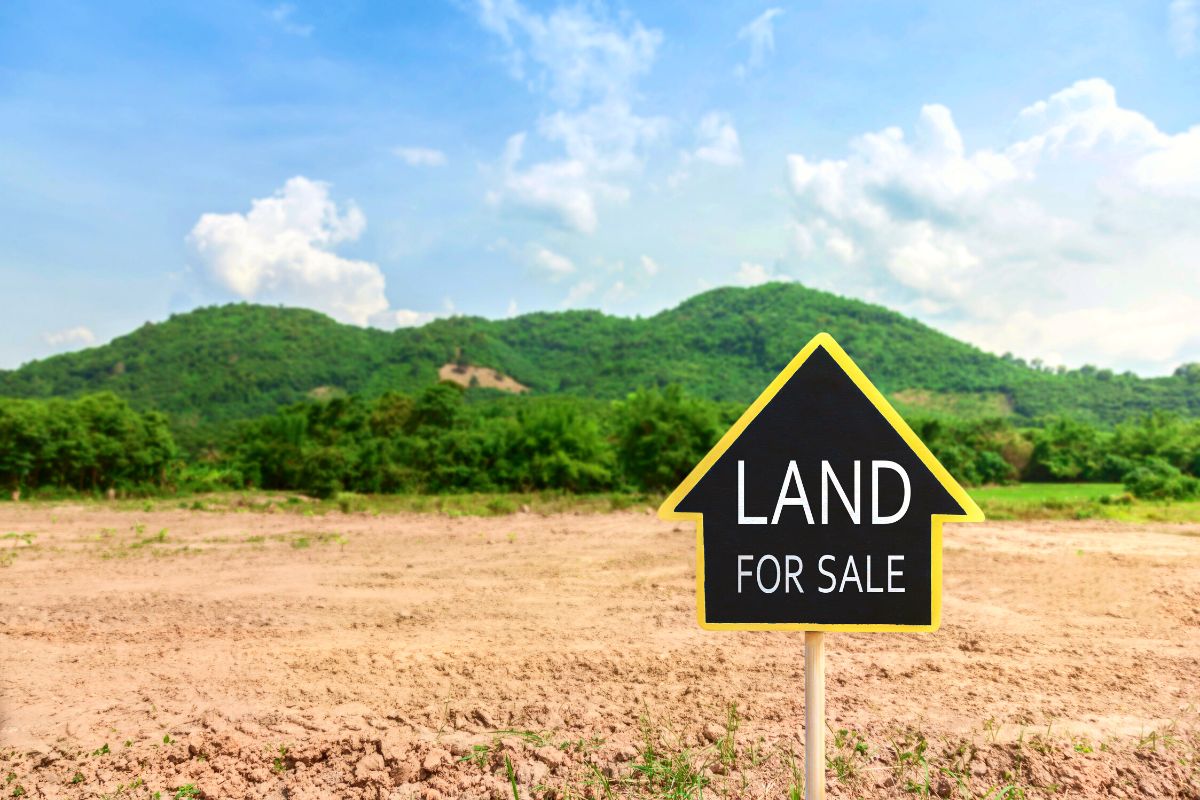Buying Land in Australia
Buying raw land could be a worthwhile long-term strategy in Australia, where the land has continually been appreciated in value. If you’re considering buying land, there are some things you should consider, and we are here to guide you through some of these considerations.
Disclaimer: This article is for informational purposes only and does NOT constitute personal financial or investment advice. If you’re thinking of investing in land or property in general, you should talk to a qualified adviser.
Related topics: Rural Mortgage Broker and Mortgage Broker vs Financial Adviser
Understanding the Australian Real Estate Market
Investment in real estate is quite popular in Australia, which may not come as a surprise to most people. Australia has some favourable market conditions, such as population growth, taxation, and increased demand for housing, all of which have contributed to the success of some investments.
Many Aussies may consider their real estate investments as a reliable source of income in the long run, with the latest stats from the Australian Taxation Office (ATO) showing that about 20% of Australians own/owned an investment property from 2020 to 2021.
Like all investments land presents risks and opportunities.
Types of Opportunities for Land Investments
Knowing the different types of opportunities allows you to diversify your portfolio, limit risks as much as possible, and make the most of any market opportunities. It helps you make informed decisions: long-term capital growth, sustainable income, or a good overall strategy.

Residential land
This is one of the most common land investments, which involves buying land for the development of homes or apartments. If you look into residential land, you should look at locations with a high demand for housing, or ‘future’ high demand – based on projections that may indicate an upcoming increase in demand for housing.
Agricultural land for farming
Farming is usually more than just an ‘investment’. For many farmers, it’s a lifetime commitment not a Monday to Friday type of job. There has been a demand for Australian farmland, as farmers produce more than 90% of the food supply in the country! When buying farmland, look at water availability, soil quality, and climate. Farming has also many unpredictable factors such as government policies, biosecurity risks and natural disasters.
Industrial land
This focuses on land with warehouses, distribution centres, or manufacturing companies. When buying industrial land, think about the access to highways, distances between suppliers and customers, and transportation.
Commercial land
With this land, you would expect the construction of commercial buildings, like retail spaces and offices. Before going down this track, it’s worth looking at vacancy rates and rental returns in the area.
Recreational land
This means you’d buy land that would be used for recreational things such as hobby farms, outdoor activities, camping, fishing, and more. Locations with scenic landscapes, natural attractions, and high tourism areas are favourable.

Are There Any Drawbacks to Buying Land?
As with any investment, buying land also comes with its risks. Knowing these potential disadvantages helps you manage the possible risks, figure out strategies to safeguard your investment, and make informed decisions.
Here are some possible drawbacks of land investments:

- High upfront costs– Buying land often needs a big down payment, which includes the cost of property surveys, legal fees, land acquisition, and more. This may lessen the investment opportunity for some investors.
- Hard to convert to cash– Land is considered to be an illiquid asset, which means it’s hard to convert to case. Selling your land can also take time, especially if you’re in a market with a low demand.
- Regulatory constraints– Changes in government policies, land use rules, and zoning restrictions can impact the use and development of the land, which limits your profitability.
- Possible environmental risks– Certain types of land (farmland, for example) can pose risks with potential contamination, natural disasters, and environmental regulations, leading to legal trouble and losing money.
Tips to Remember When Buying Raw Land
- Zoning and location laws. Land that is near or in cities is easier to finance because of its potential for growth. Zoning is also important to remember, as some kinds of property cannot be developed on certain land.
- The history of the land. If it is too good to be true, it probably is! If you find a cheap piece of land near a regional area, first find out why it is so cheap. Do your research!
- Understand your long-term vision. Consider what your plans are for the land, future market value and if it can give you a good amount of income.
- Buying land means that you will also pay extra fees for many other things, so you have to be prepared for this.
Can I take a loan to buy land?

It depends on your circumstances. Things that lenders will assess when you apply for a loan:
- Deposit – how much upfront cash you have for a deposit
- Capacity to service the loan – what income capacity you have to meet repayments
- Equity – what are your current assets and liability and how much equity you have
- Your credit history
- Dependents – if you have any dependents
- Current land valuation
- Infrastructure around the land – access to roads, electricity, sewage
If you are interested in checking your eligibility for a loan, contact us today for an obligation-free chat.

